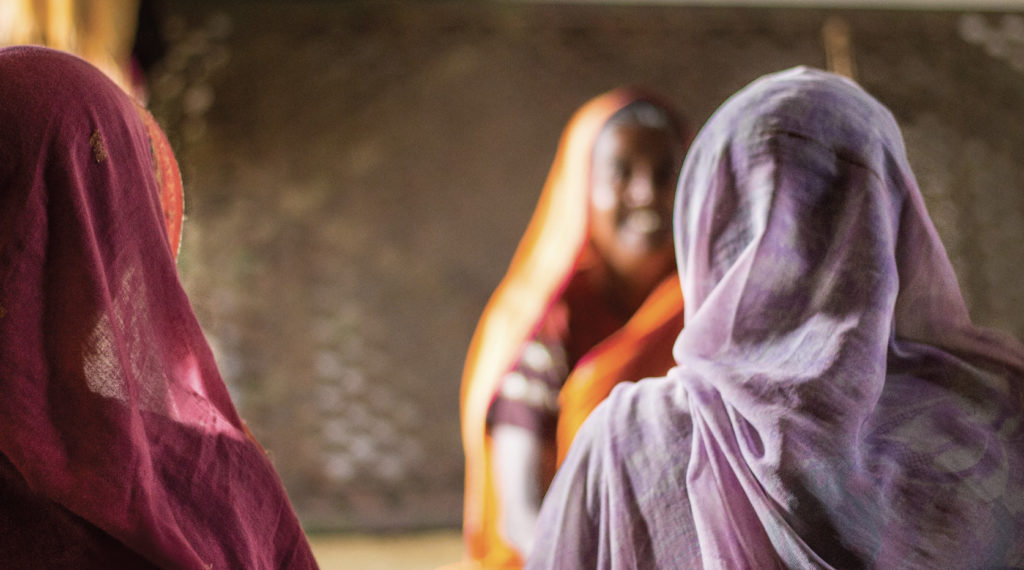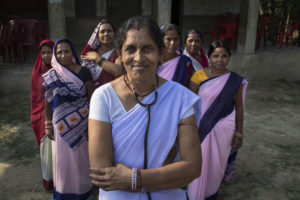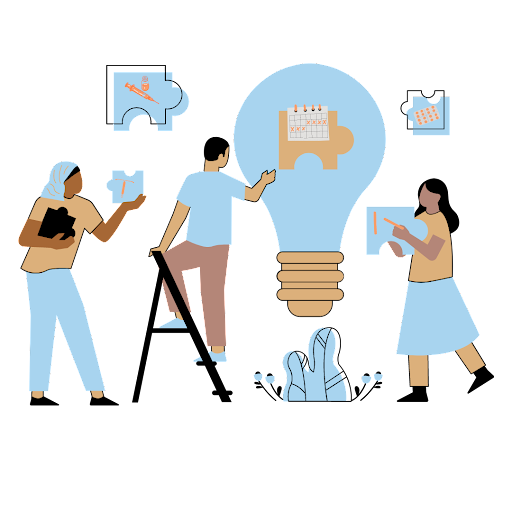Uncovering Gender-Related Issues in KM for Global Health
From May to July of 2019, Knowledge SUCCESS conducted a gender analysis to understand the gender-related barriers, gaps, and opportunities in KM among health professionals around the world. That analysis is all the more relevant now, as the COVID-19 pandemic has shed light on gender inequities in the global healthcare system. The crisis drew attention to the fact that 70% of frontline healthcare workers are women and thus more vulnerable to COVID-19 infection—to name just one example of the visibility of gender inequality today. Through a literature review and key informant interviews, we assessed how gender and power dynamics may affect:
- The production of, access to, and use of knowledge, including access to technologies used for information sharing;
- Participation and leadership/decision making in knowledge exchange mechanisms; and
- Participation in KM capacity strengthening efforts.
What we found was enlightening. In both the existing literature and among our interviewees, there was a lack of awareness of gender (particularly the experiences of transgender or non-binary people) and its effects in KM. Still, some themes did emerge from our analysis that are important for FP/RH professionals to consider as they access, share, and use knowledge to improve their programs.








